At Trevino Dental Group, we understand that tooth extractions can be daunting. Rest assured, our team is here to provide expert care and ensure your comfort throughout the process. Whether you require a routine extraction or a more complex surgical procedure, our oral surgeon, Dr. Cade Foust, is committed to preserving your oral health and well-being.
Tooth extractions may be recommended for various reasons, including:
When a tooth is severely decayed and cannot be restored with fillings or other dental treatments, extraction may be necessary to prevent the spread of infection.
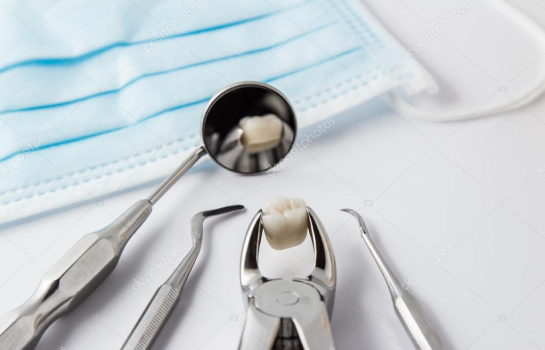
Impacted wisdom teeth, which are unable to fully erupt due to lack of space or improper alignment, may cause pain, infection, or damage to adjacent teeth, necessitating extraction.
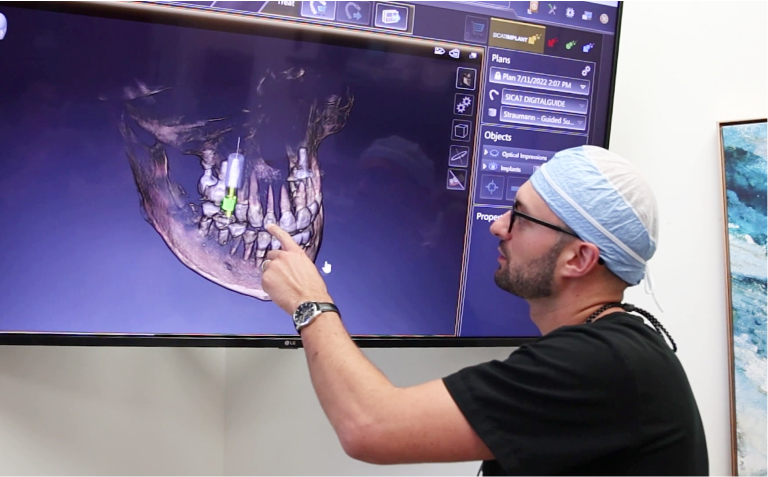
In some cases, tooth extractions may be required as part of orthodontic treatment to create space for proper tooth alignment and bite correction.
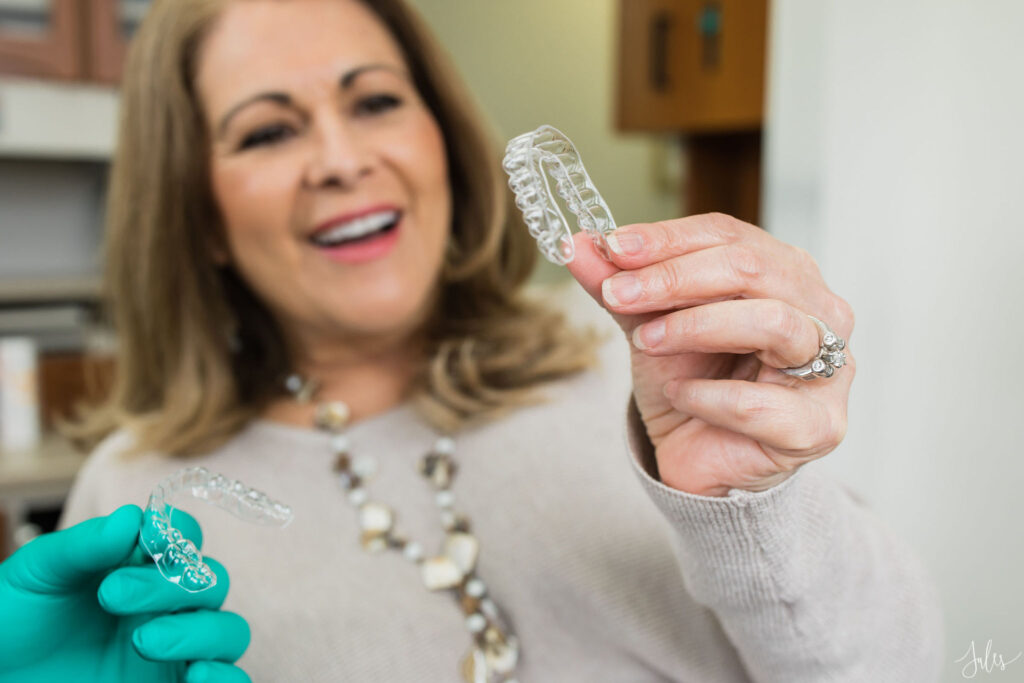
Teeth that have been severely damaged due to trauma, such as fractures or breaks, may need to be extracted if they cannot be adequately restored.
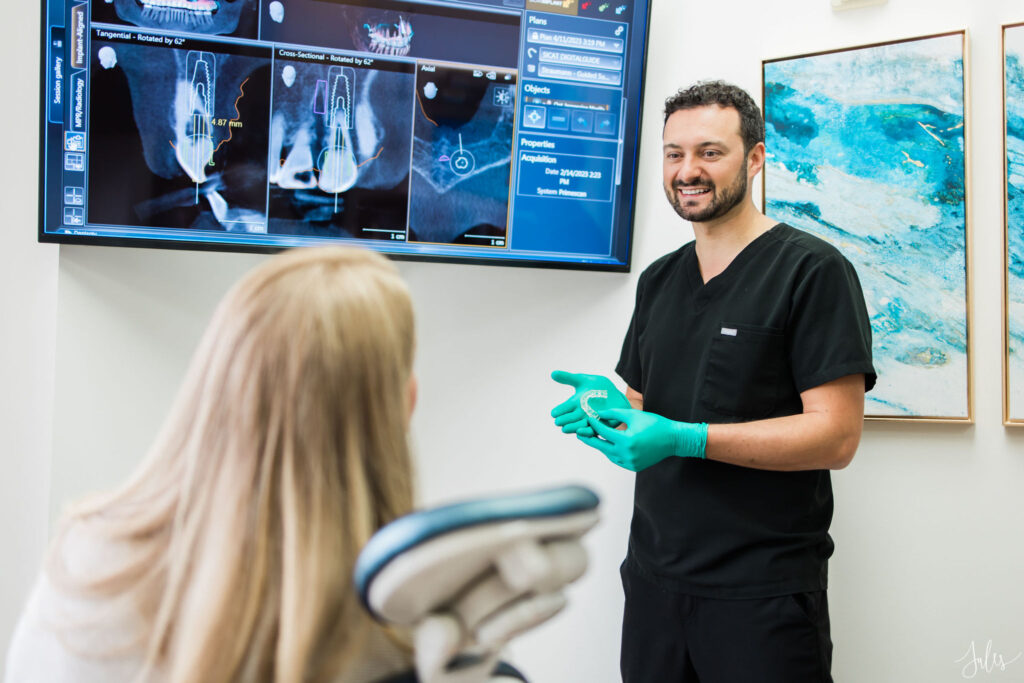


During a tooth extraction, your oral surgeon will take every precaution to ensure your comfort and safety. The process typically involves the following steps:
Dr. Foust will examine your tooth and assess the need for extraction, taking into account factors such as the condition of the tooth, its location, and your overall oral health.
Local anesthesia will be administered to numb the affected area and prevent pain during the extraction procedure. For more complex cases or anxious patients, sedation options may also be available.
Using specialized dental instruments, Dr. Foust will carefully remove the tooth from its socket in the jawbone, taking care to minimize trauma to surrounding tissues.
Following the extraction, Dr. Foust will provide instructions for post-operative care, including pain management, oral hygiene, and dietary restrictions. It's essential to follow these instructions carefully to promote healing and prevent complications.
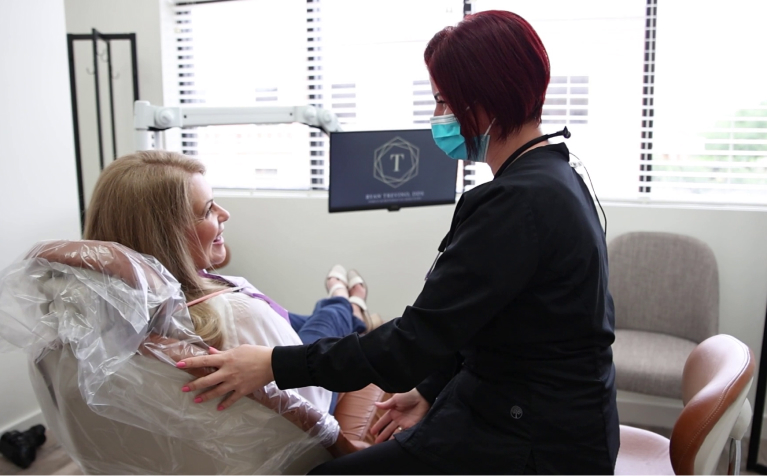
Most patients experience some discomfort and swelling following a tooth extraction, which can be managed with over-the-counter pain medication and cold compresses. Dr. Foust will schedule a follow-up appointment to monitor your healing progress and address any concerns or complications that may arise.

If you require a tooth extraction or have been experiencing dental pain or discomfort, don’t hesitate to schedule a consultation with an experienced oral surgeon at Trevino Dental Group in Sugar Land. Our compassionate team is here to provide gentle and effective care, ensuring your comfort and peace of mind throughout the extraction process. Let us help you achieve optimal oral health and well-being.